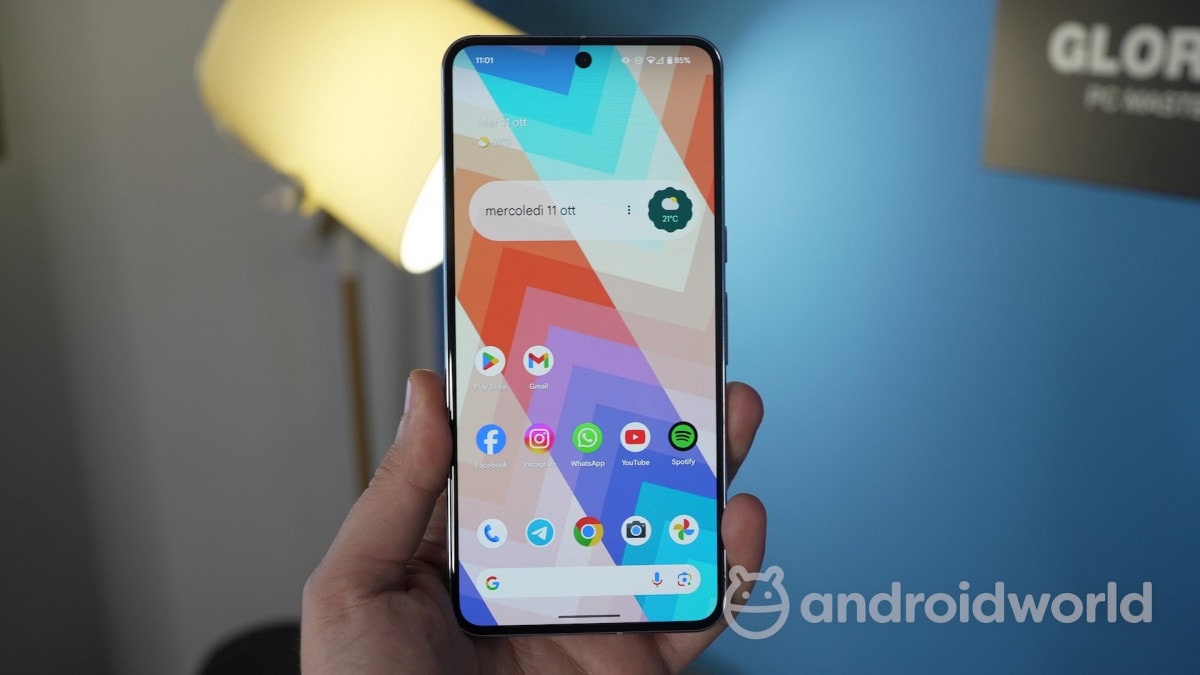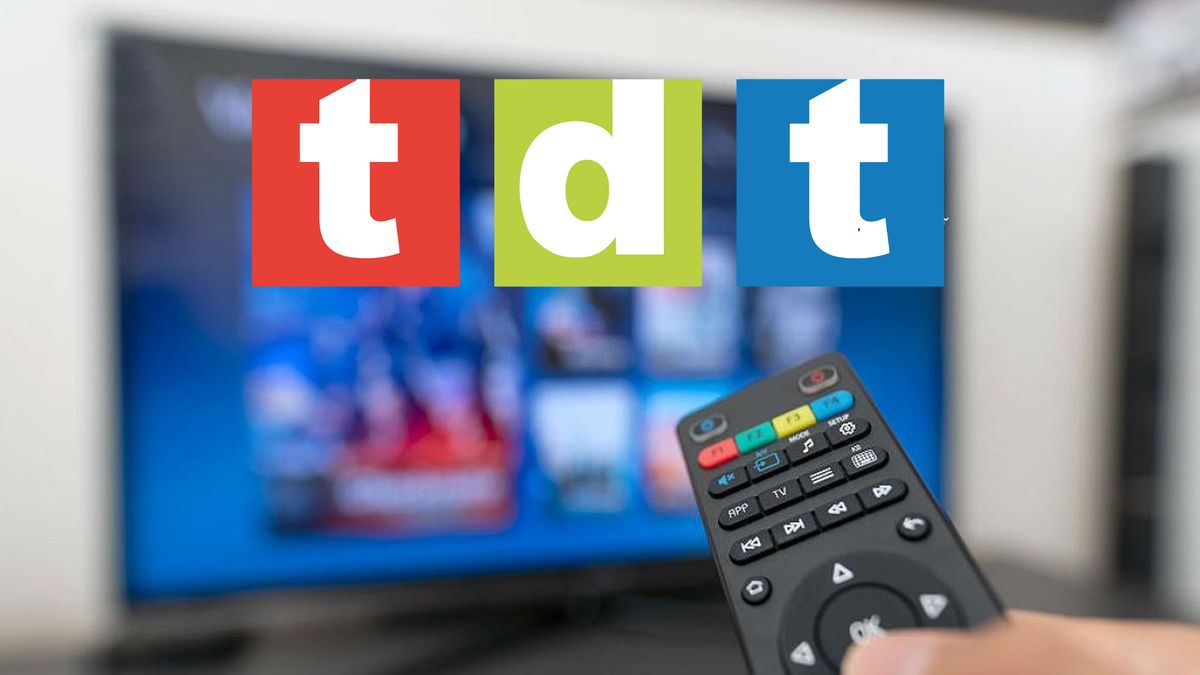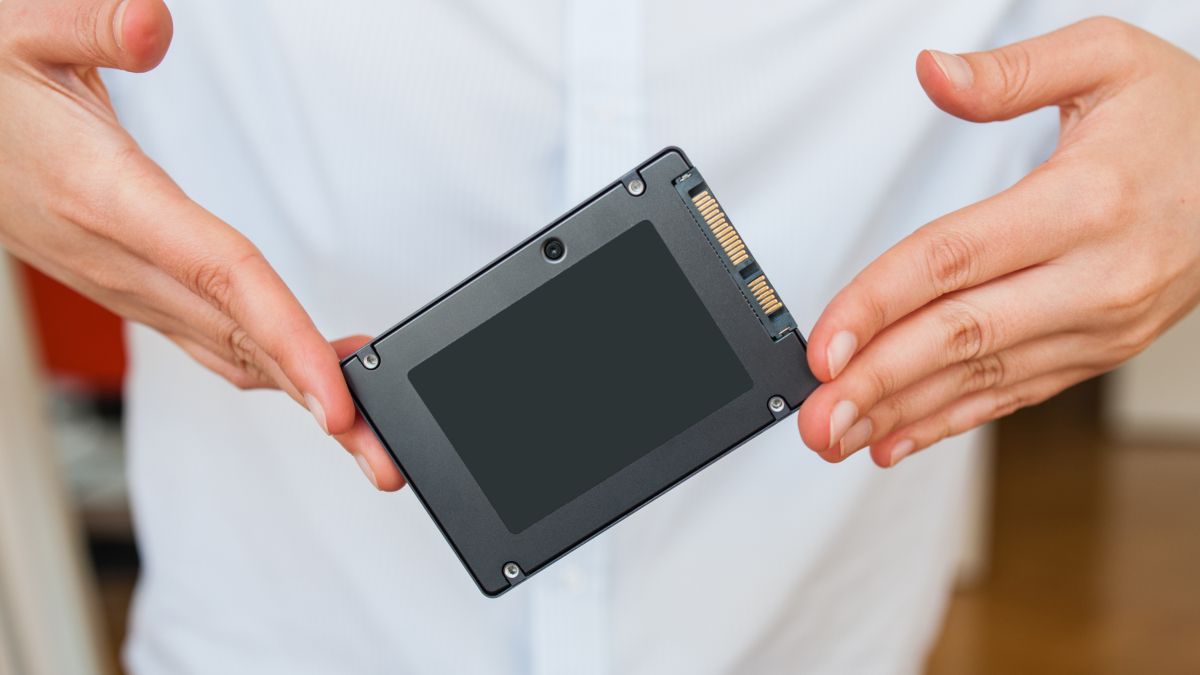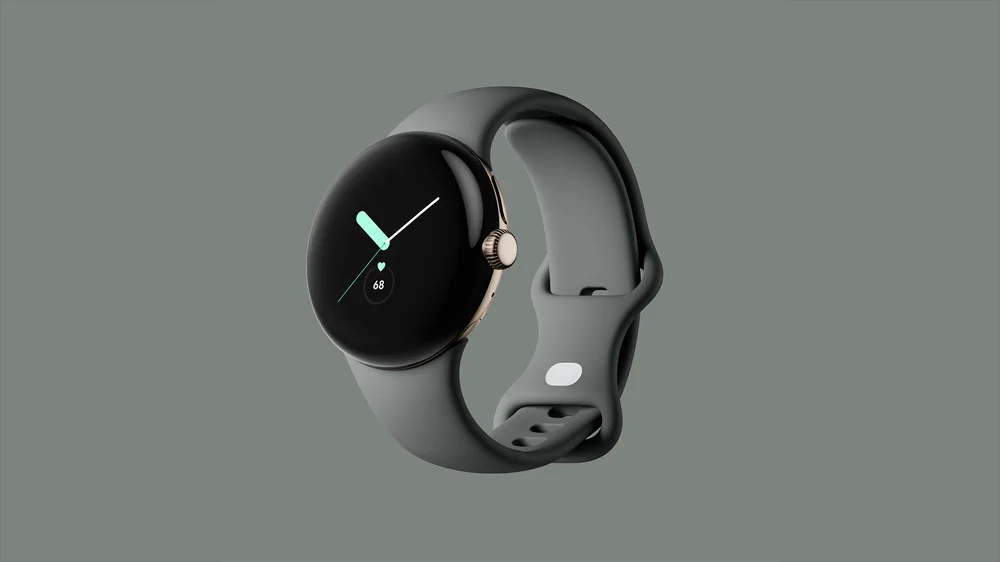Google working to improve mobile streaming: here’s how

In recent years, home entertainment in general has undergone major changes, starting with the increasingly widespread use of streaming platforms. In this regard, many users have certainly heard of the AV1 codec from the Alliance for Open Media, that is, a video codec that guarantees significantly greater compression efficiency than codecs such as h.264, h265 or VP9. The benefits of using the AV1 codec are many, including the reduction of bandwidth requirements for both the streaming service and the user – without loss of quality – and the exemption from royalties: therefore the platforms save in terms of expenditure.
However, various platforms have been rather slow in adopting this video codec, especially since so many devices still do not have hardware support for AV1 video playback. All this would require the presence of a software decoder running on the CPU to play an AV1 video and this would cause a decrease in the autonomy of the device in question.
In any case, in recent times, devices equipped with a have been placed on the market hardware-accelerated AV1 decoder integrated into the processor, like it Qualcomm’s Snapdragon 8 Gen 1 and apple‘s A17 Pro. Obviously, however, it will take some time before most smartphones will be able to support hardware-accelerated AV1 decoding.
In this sense, Google, since Android 10, uses the ligbav1 decoder, an open source AV1 decoder developed by the company. There are also alternatives, such as libaom from Alliance for Open Media and libdav1d from Video LAN. The latter in particular works on the CPU and offers better results in decoding AV1 content compared to the solution proposed by Google. Furthermore, it can also provide low-end hardware with the ability to play high-quality AV1 content without consuming much CPU power.
According to some rumors, to provide a better experience to users, Google is working on some changes, starting from the replacing AV1 decoder from libgav1 to libdav1d thus significantly improving performance.
This replacement should occur on devices in circulation by March 2024 via a Google Play system update. To date, however, it is not known whether this news will affect all smartphones with Android 10 and later versions or exclusively those with Android 14 on board.
AndroidAuthority



